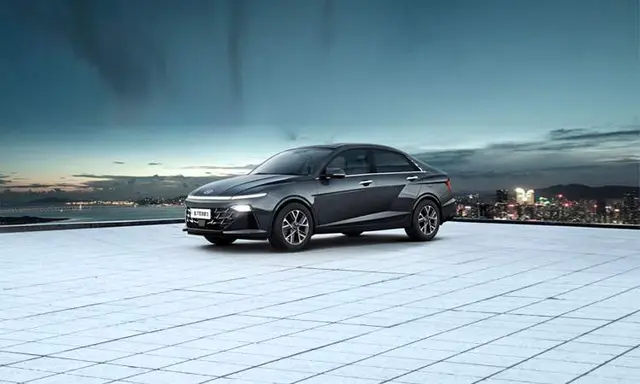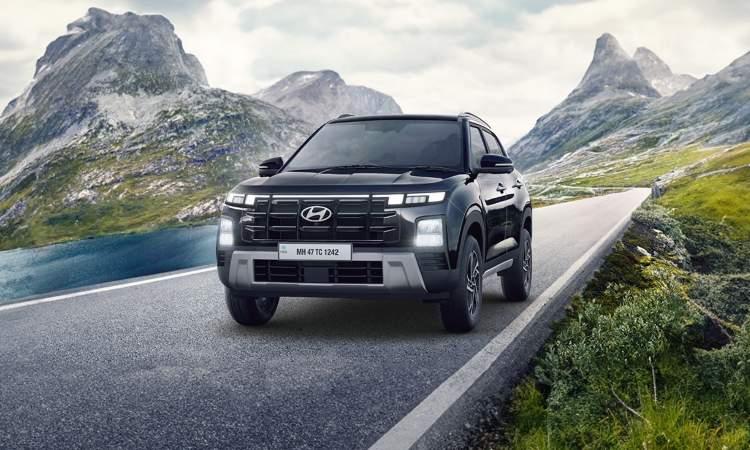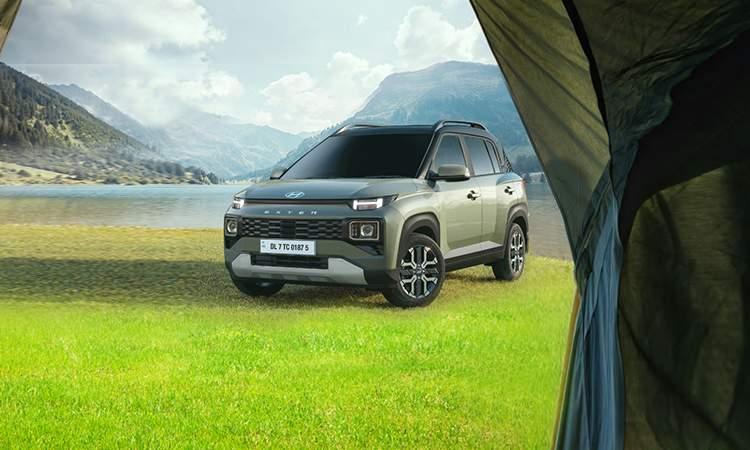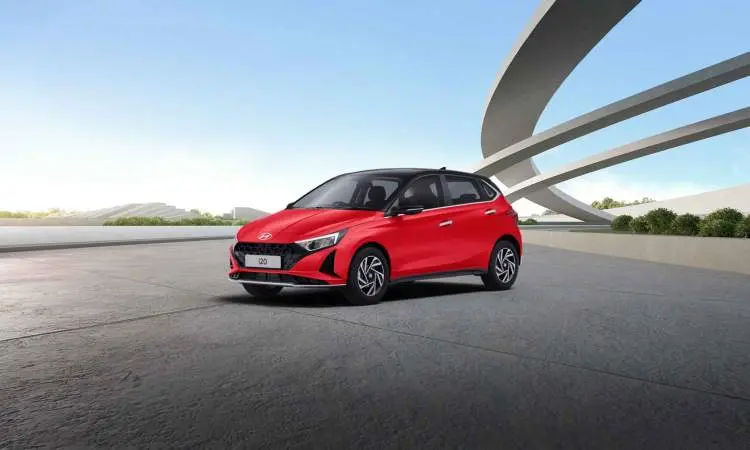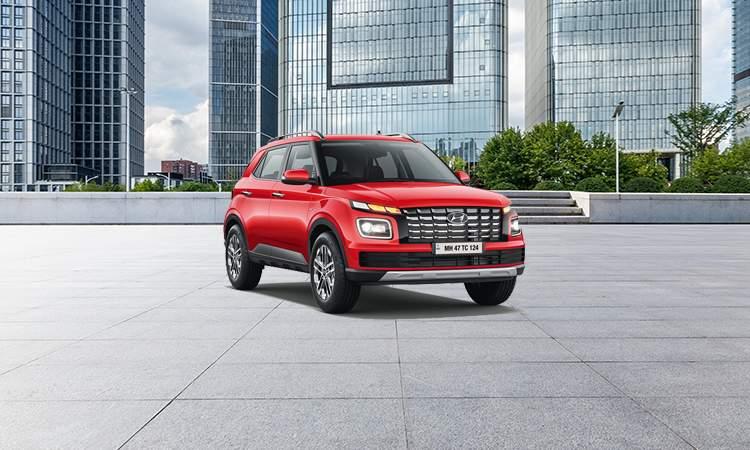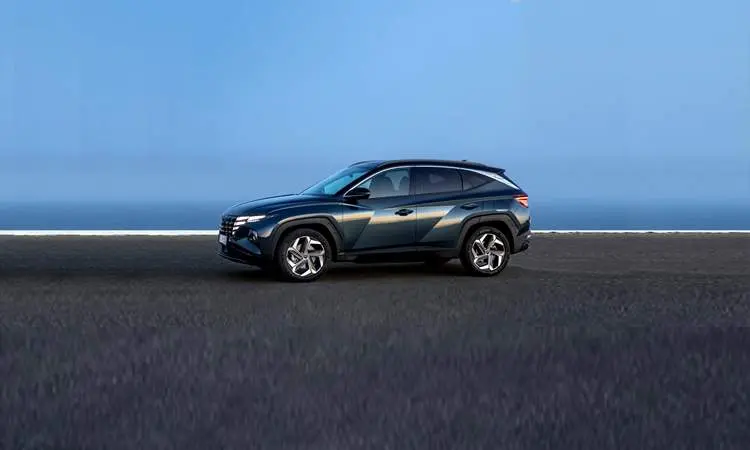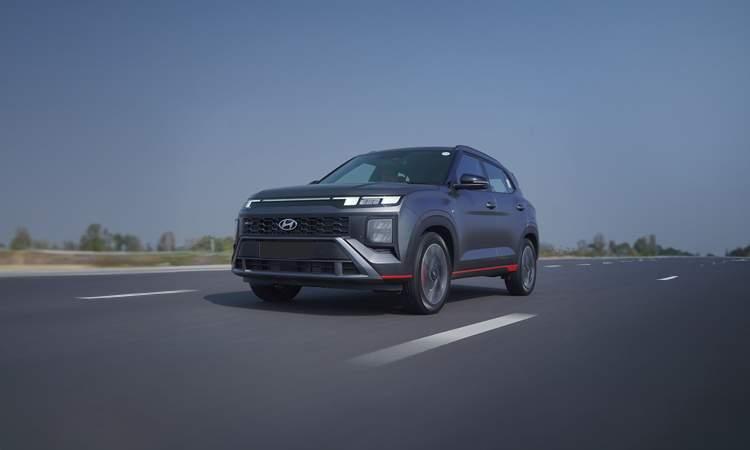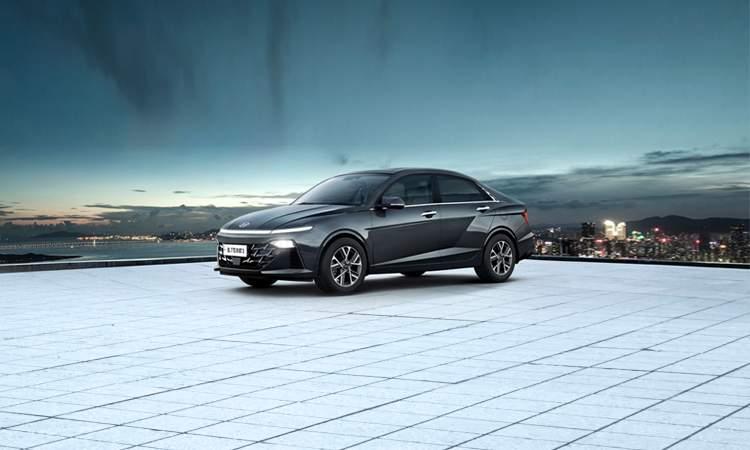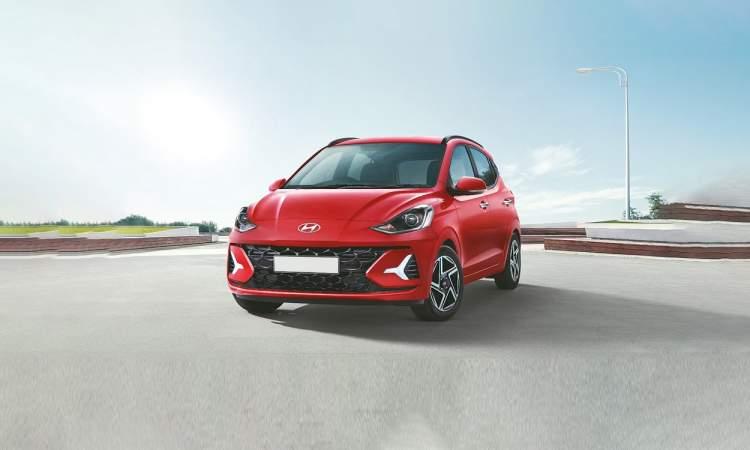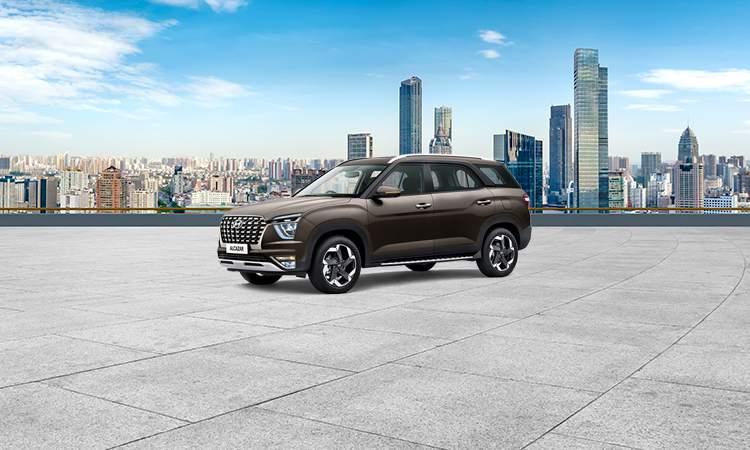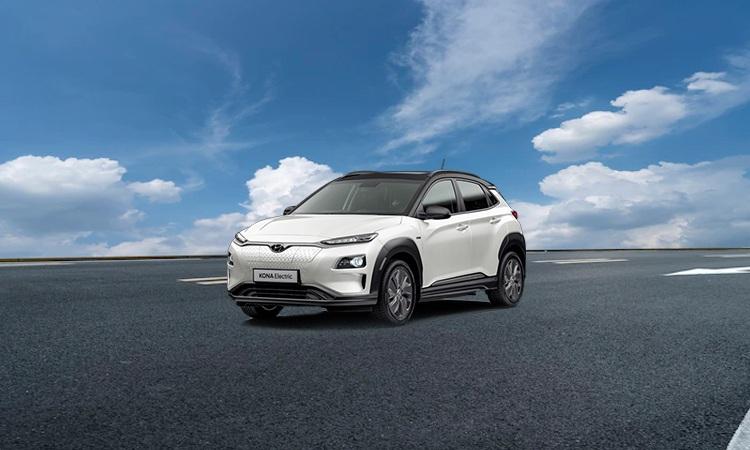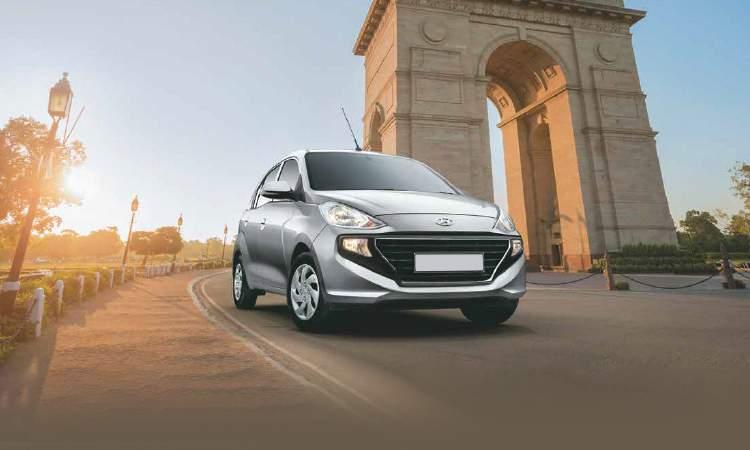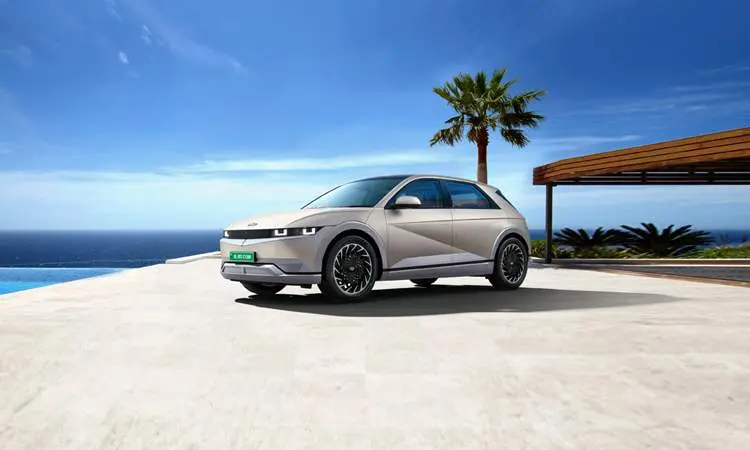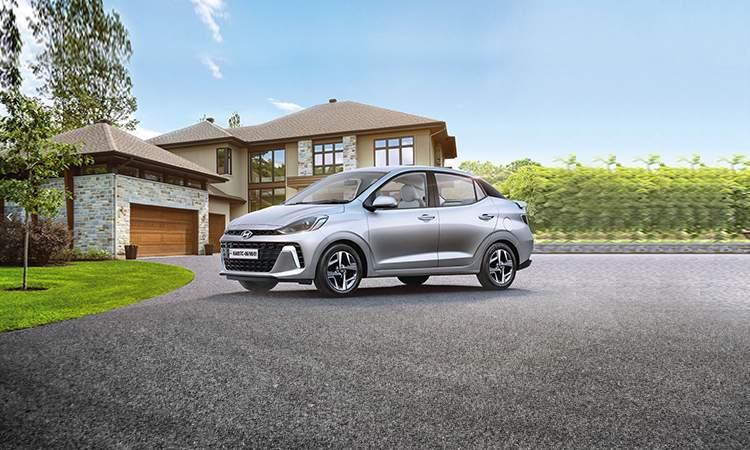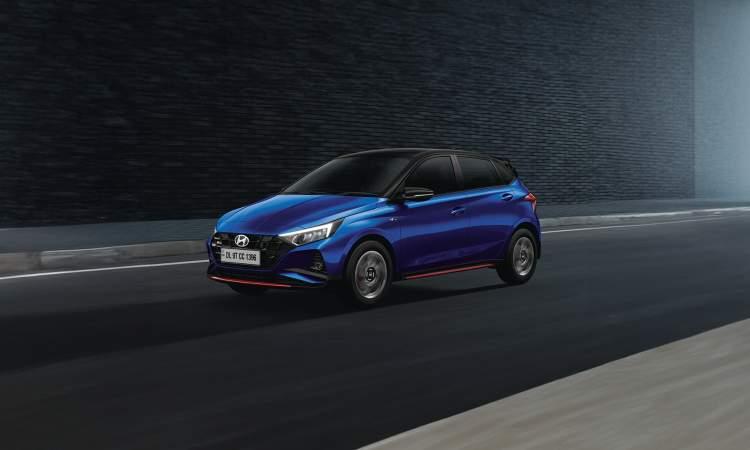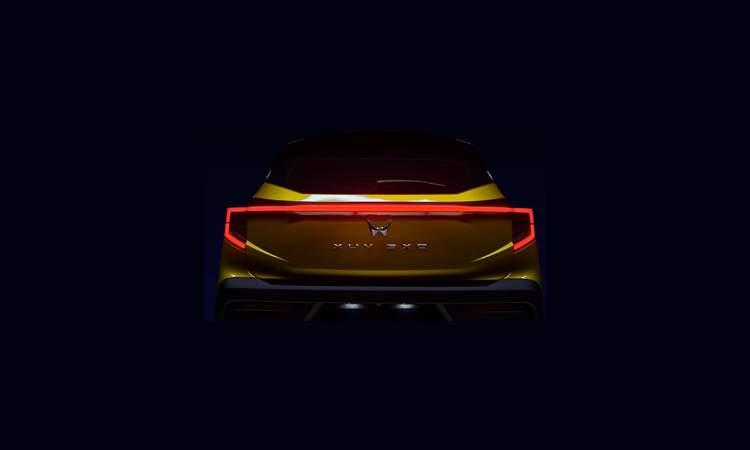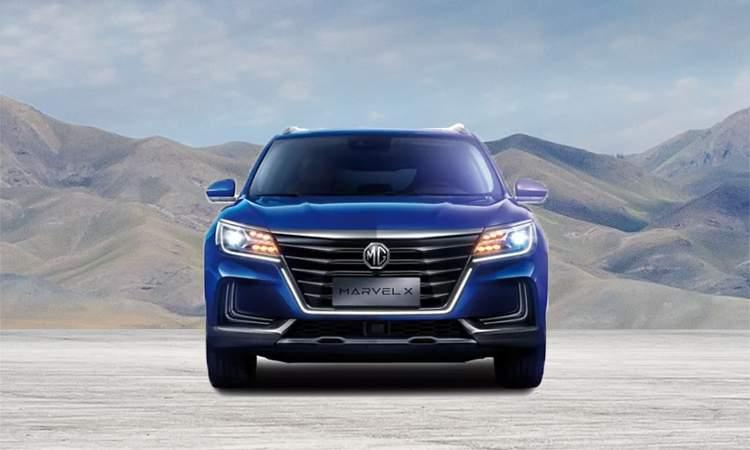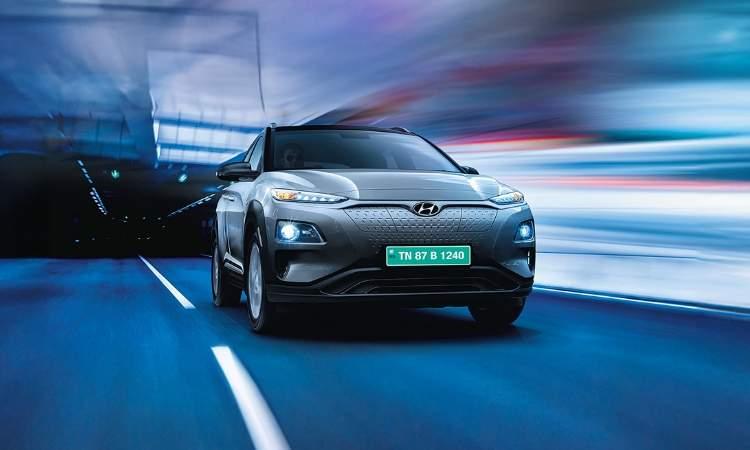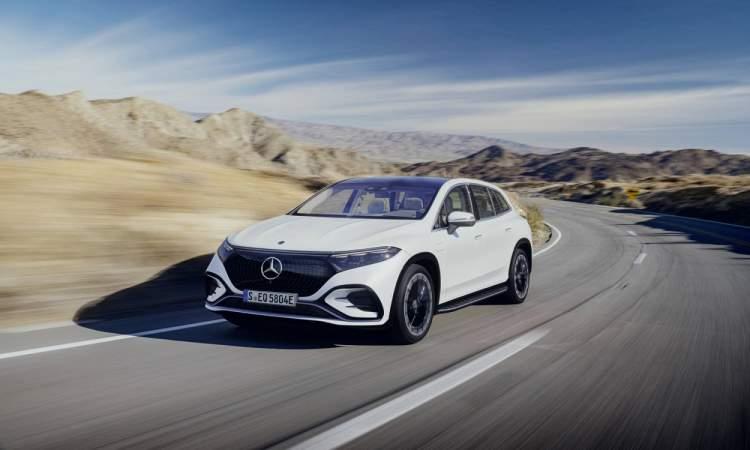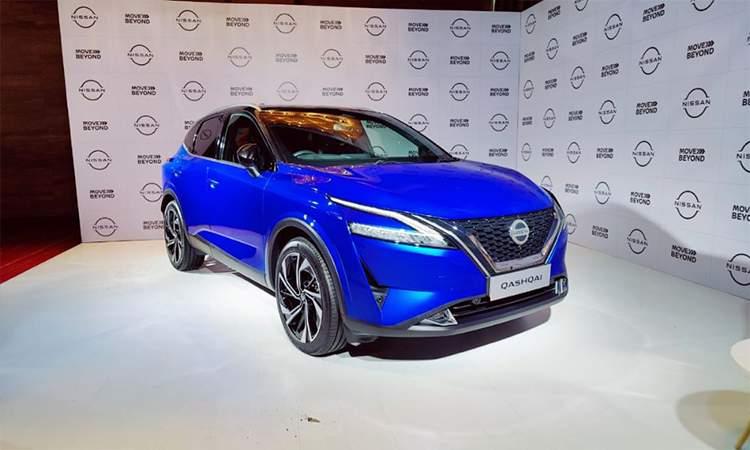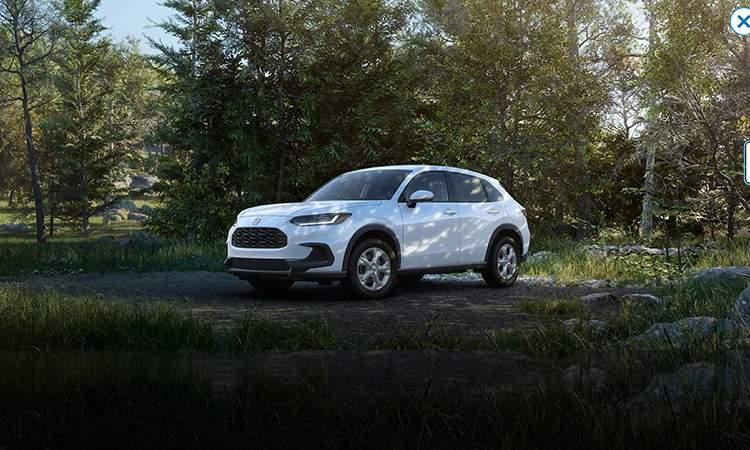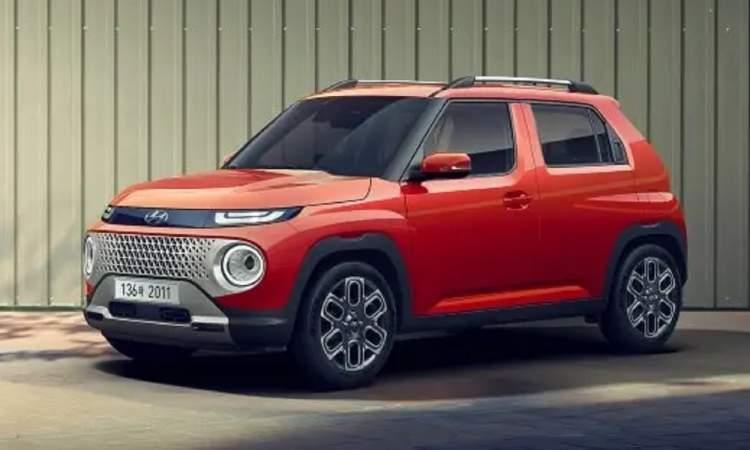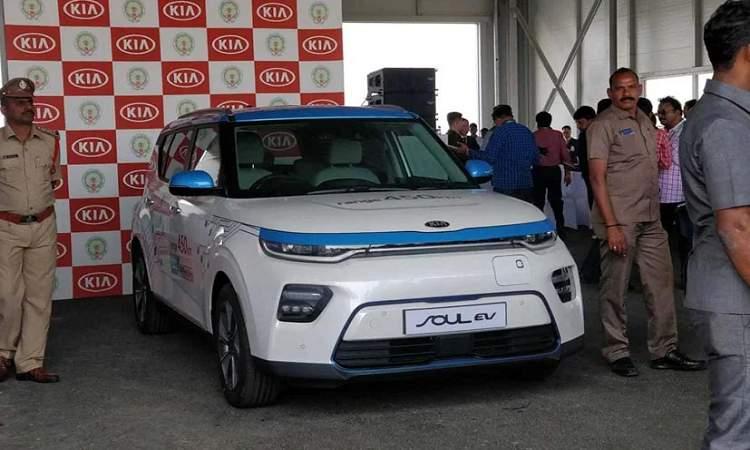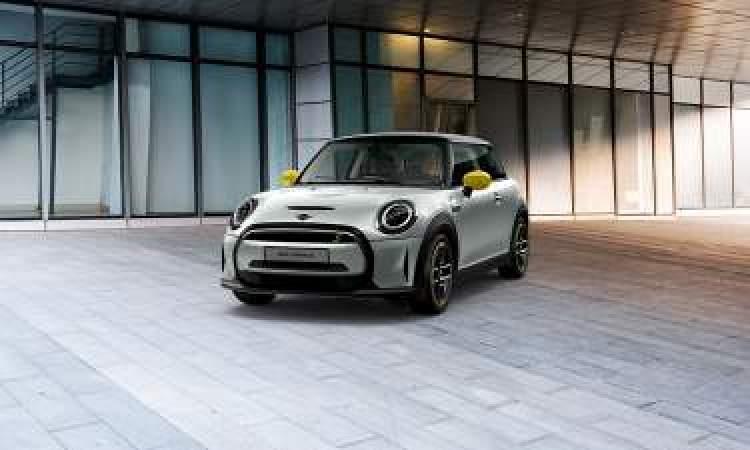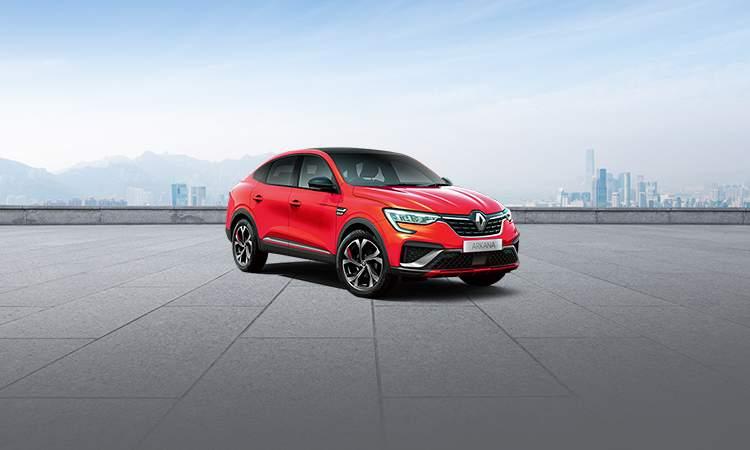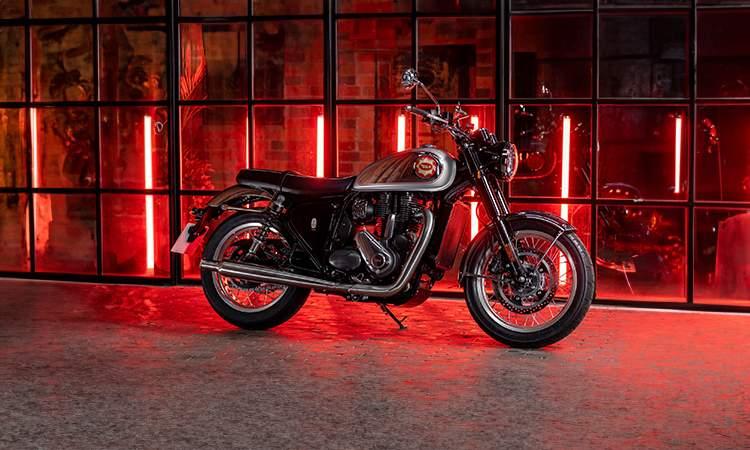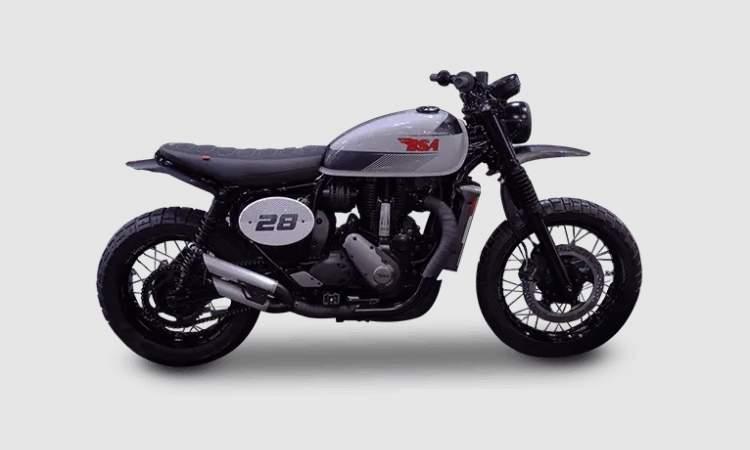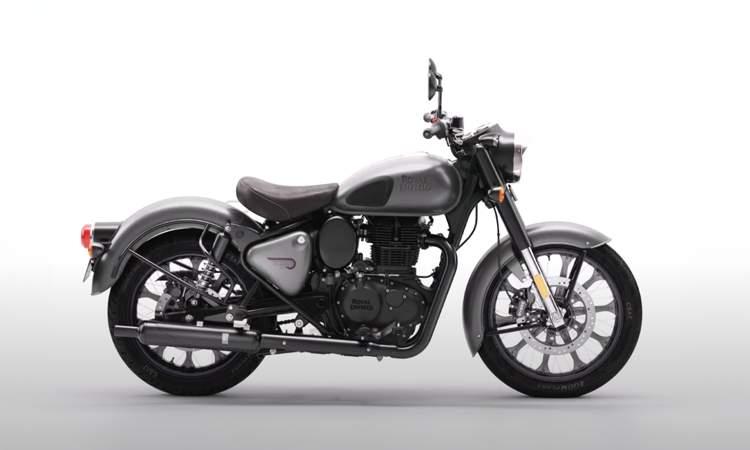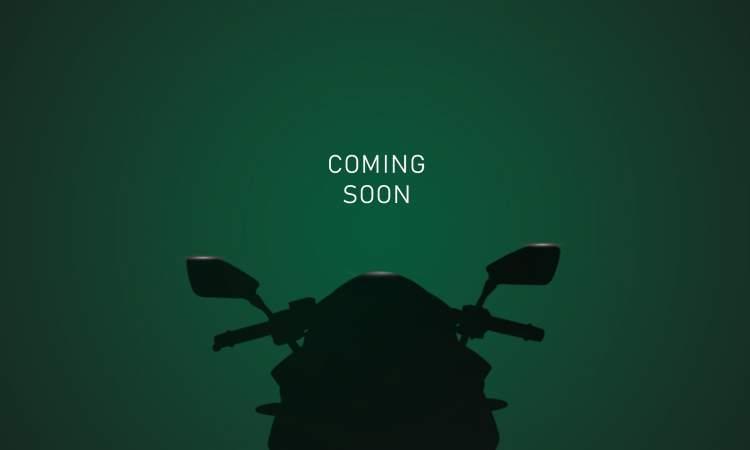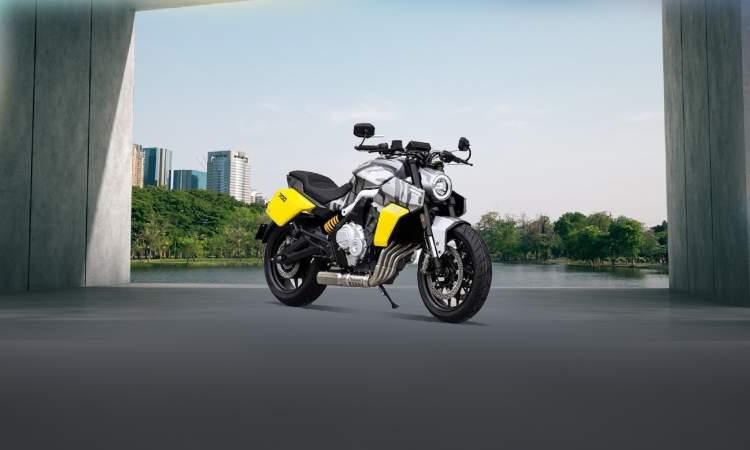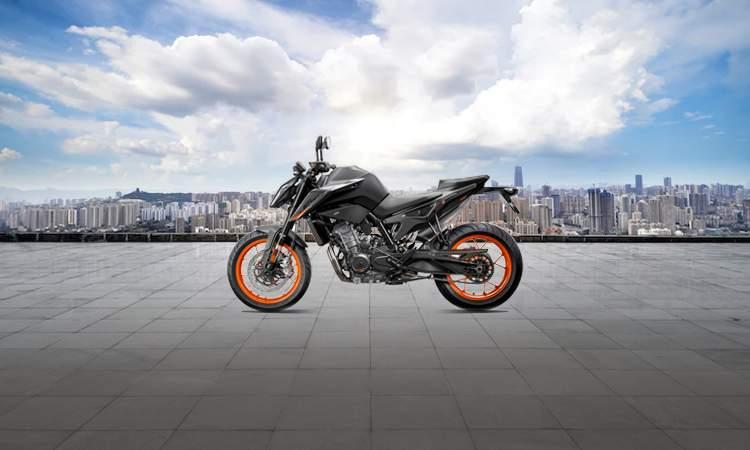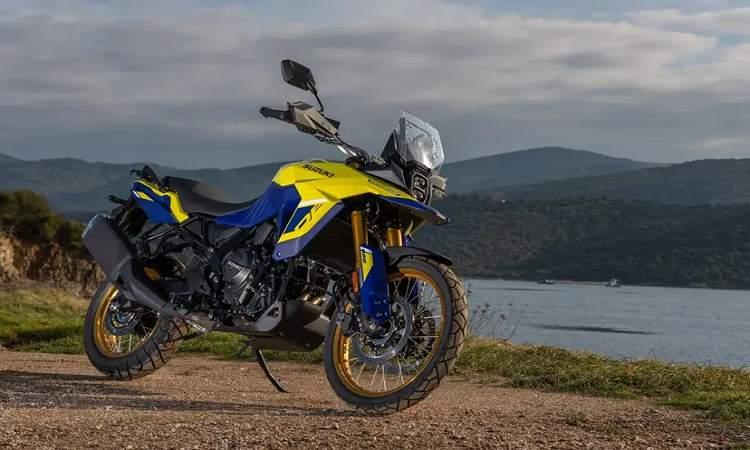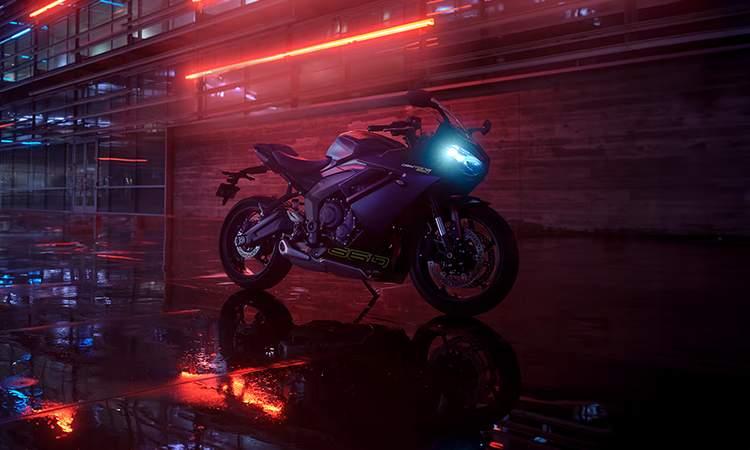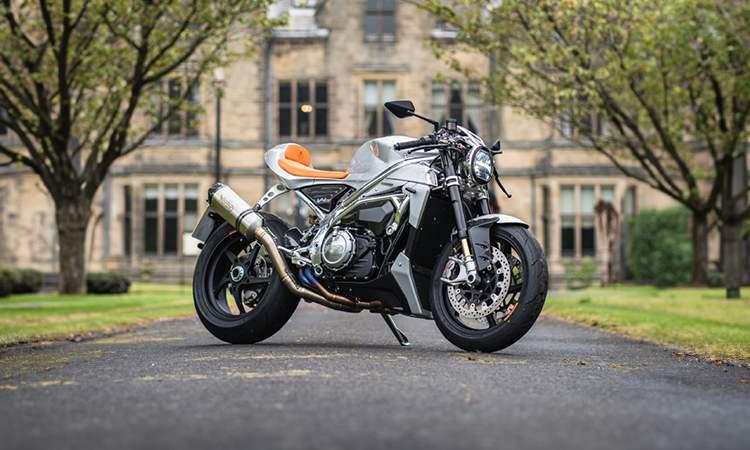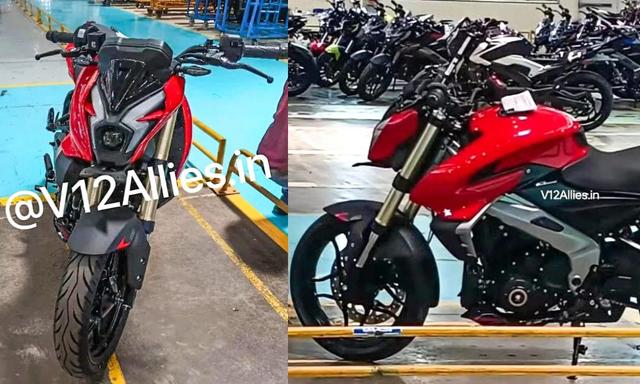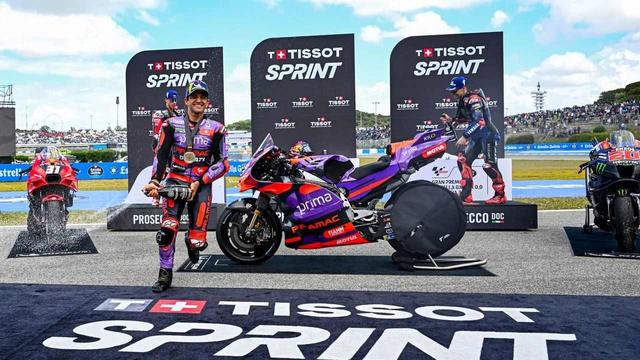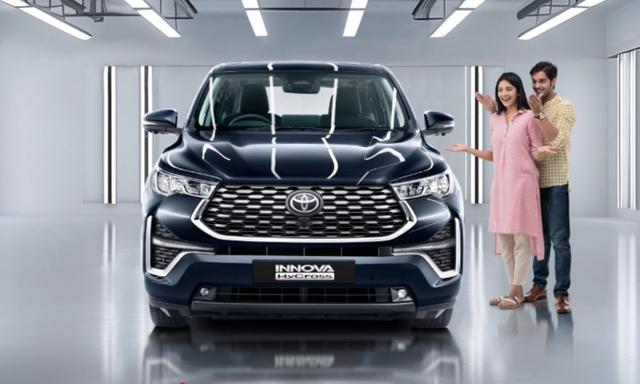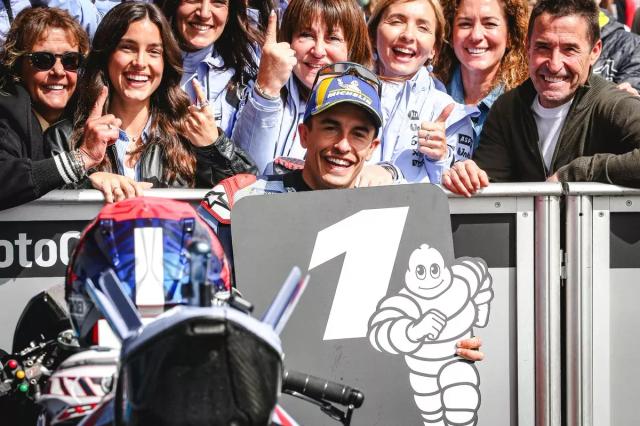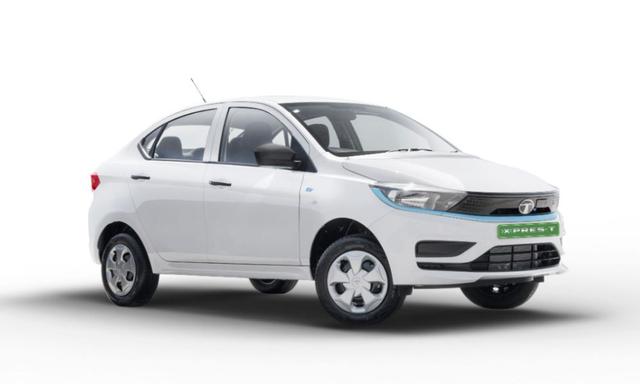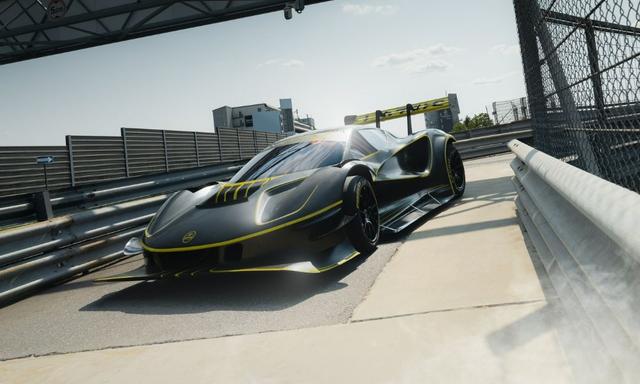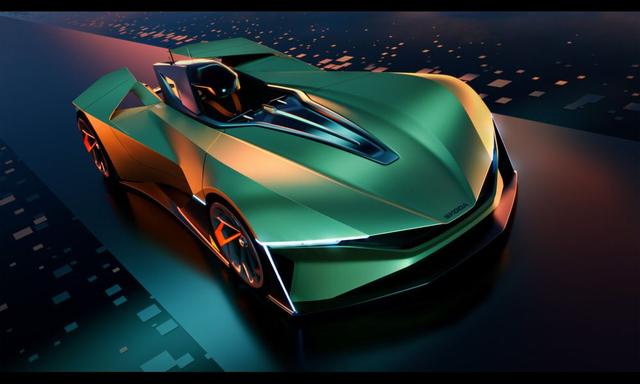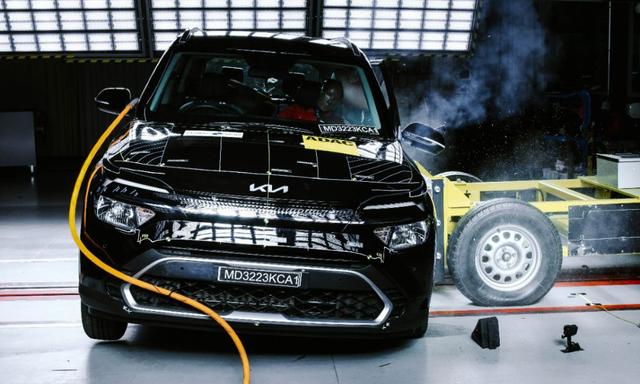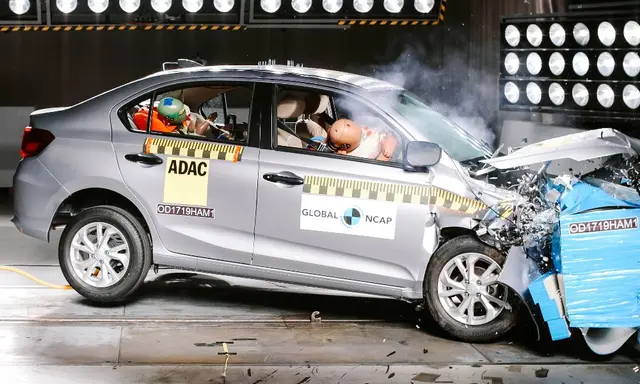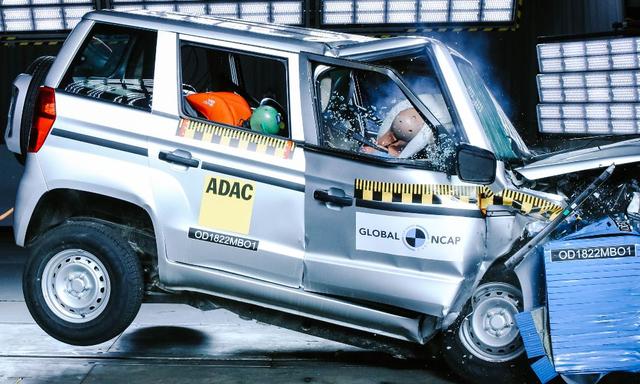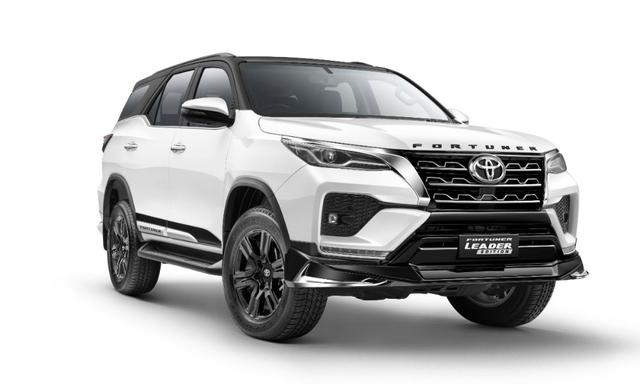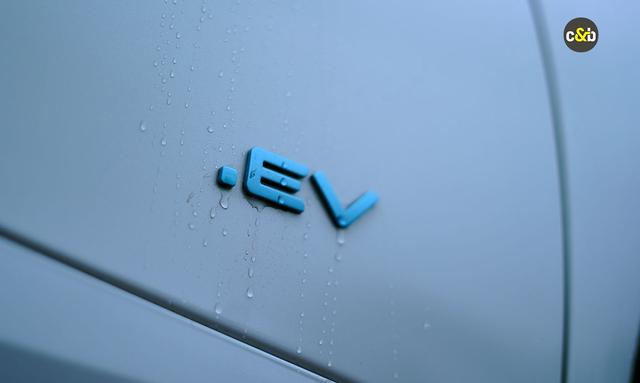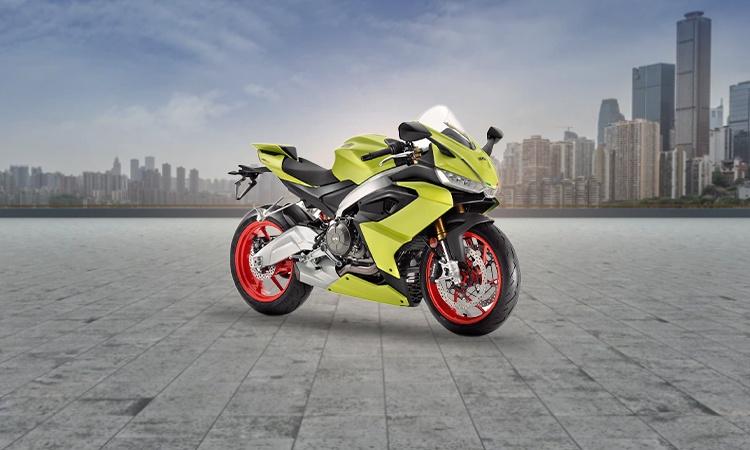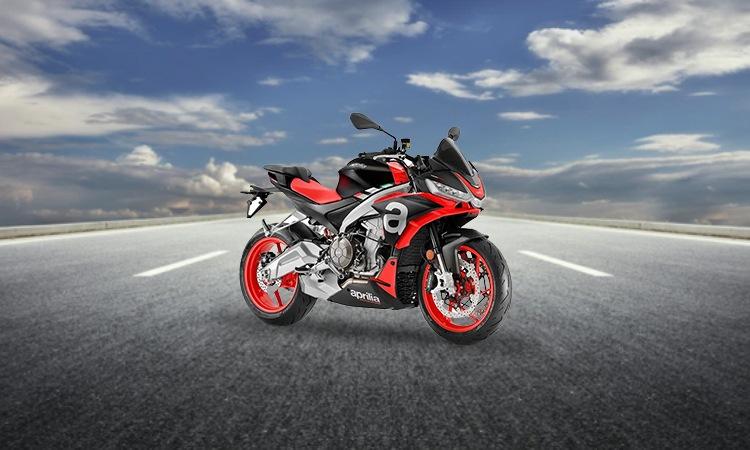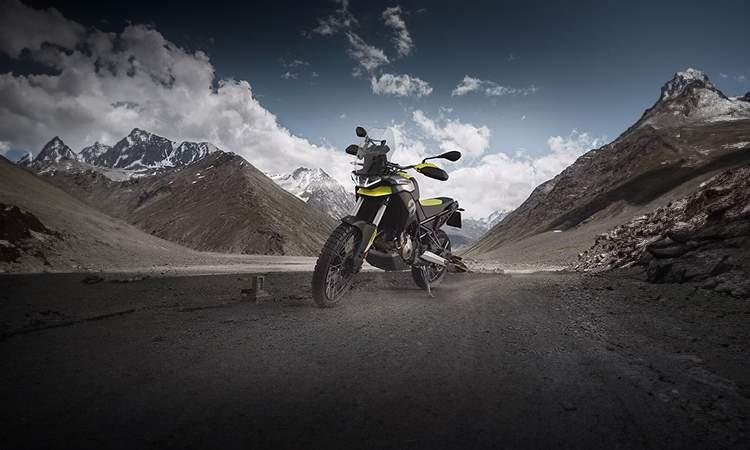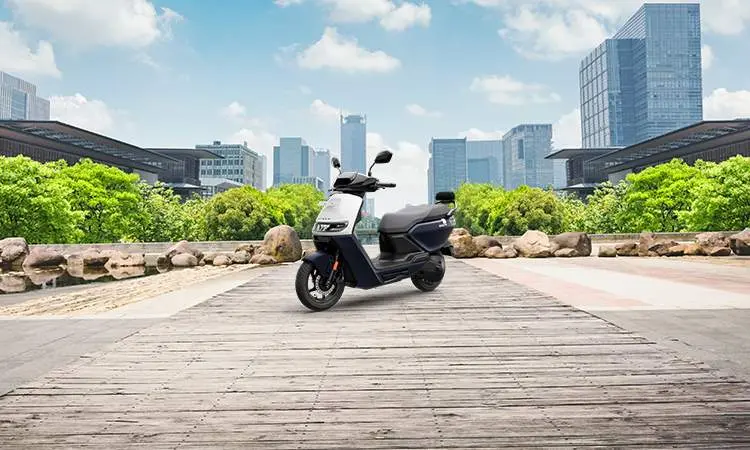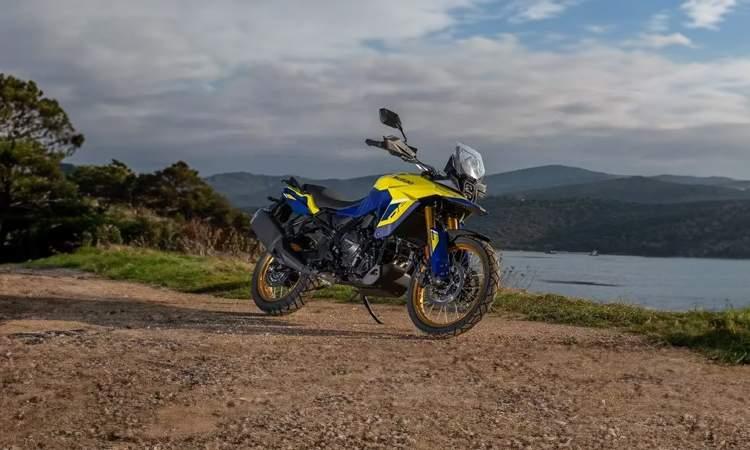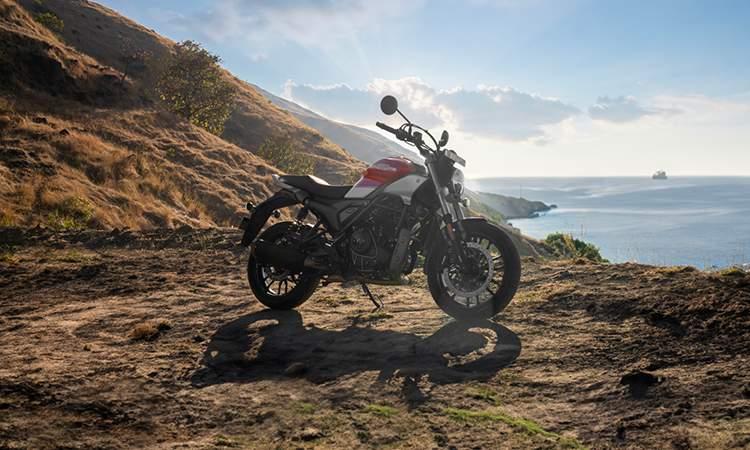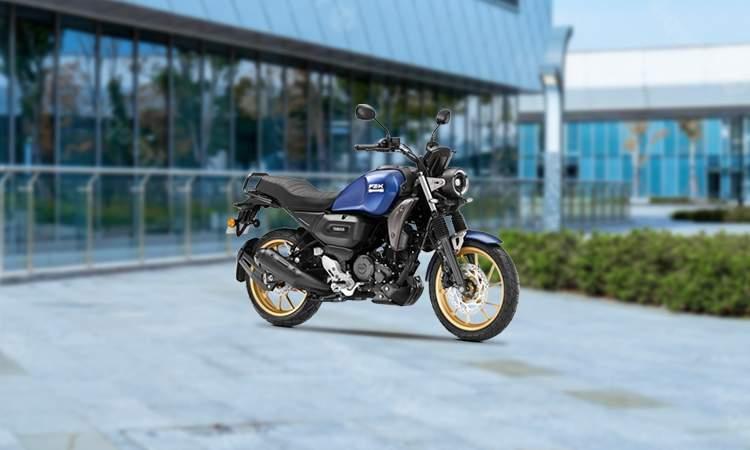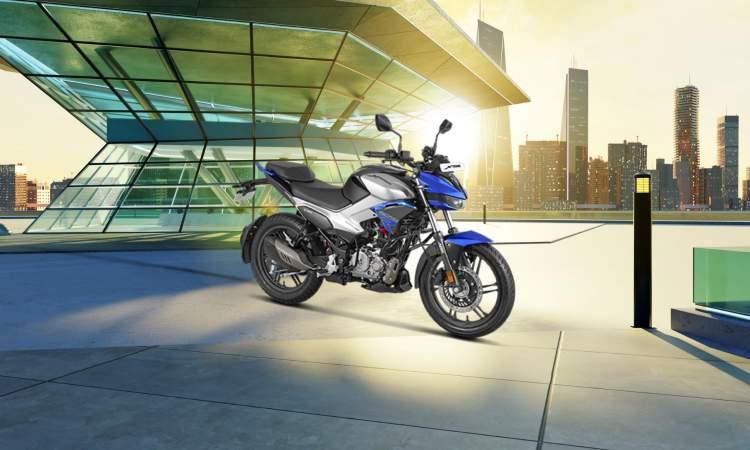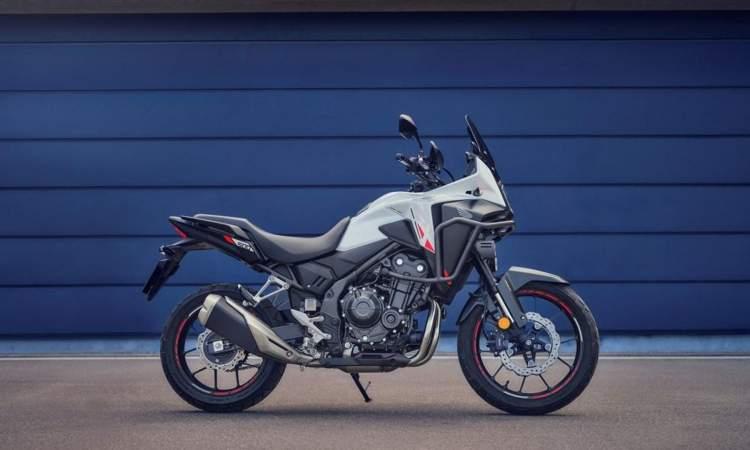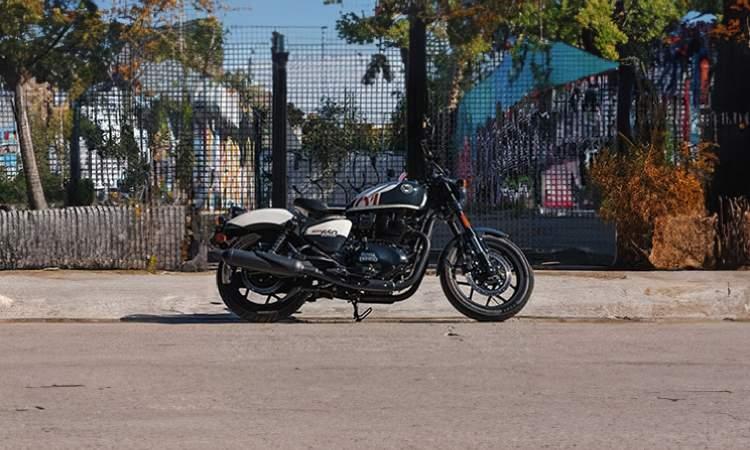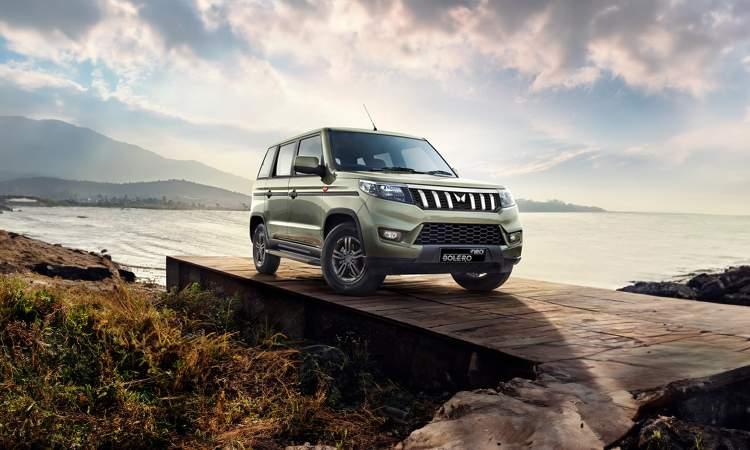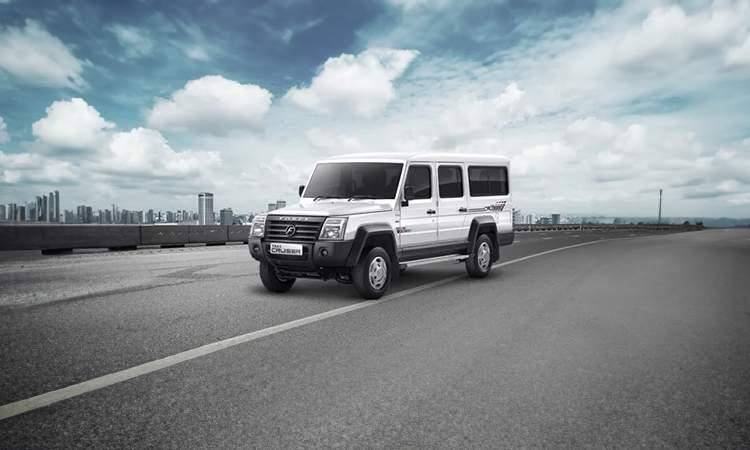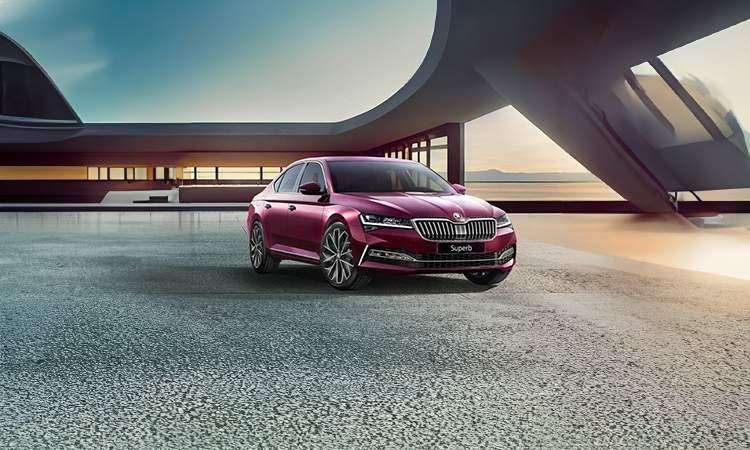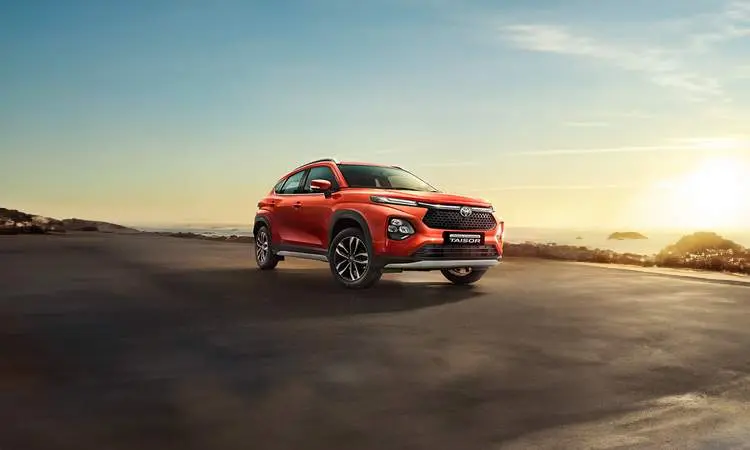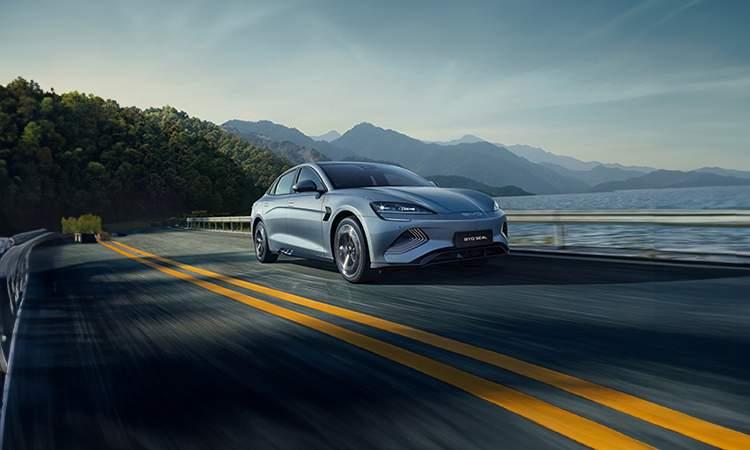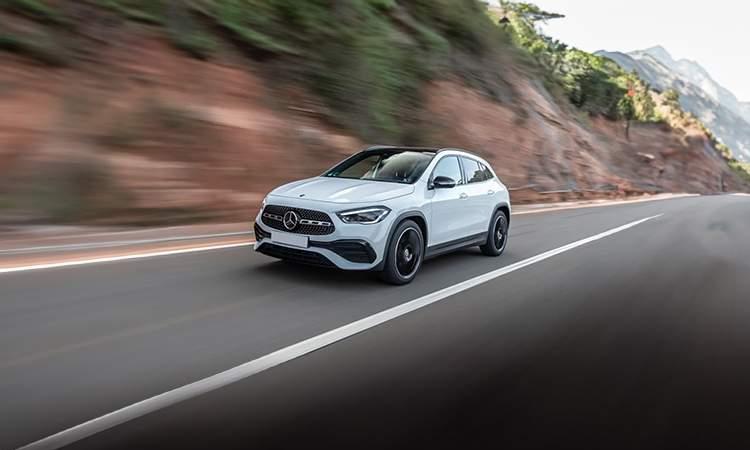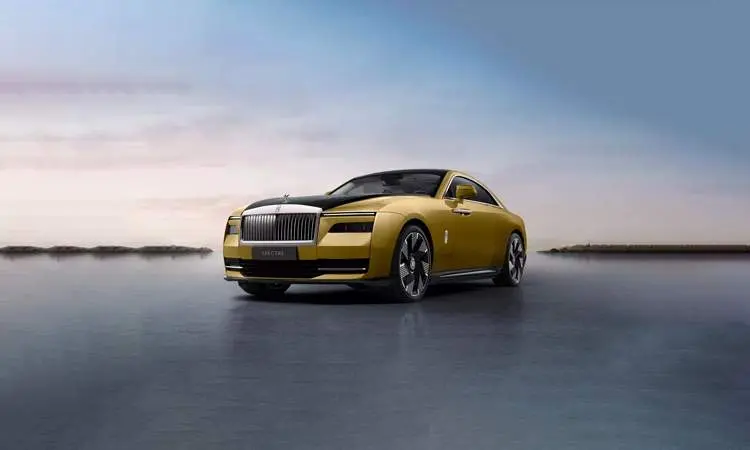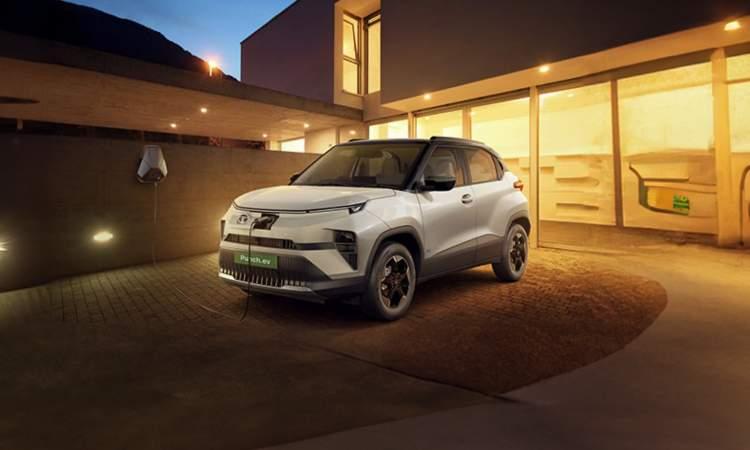Hyundai Verna Secures Five-Star Rating In Global NCAP Crash Tests
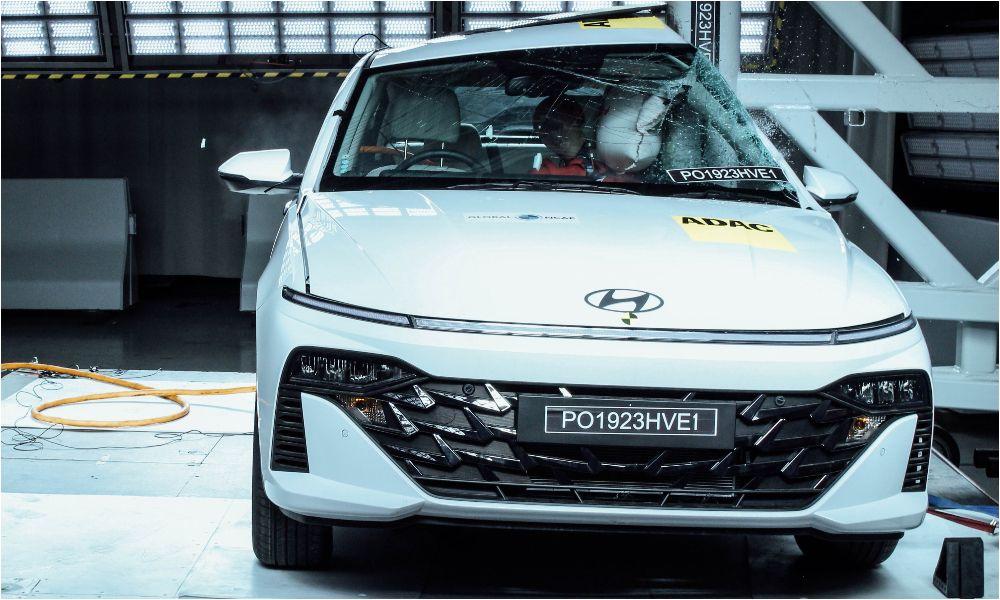
Highlights
- Hyundai Verna becomes first Hyundai model to receive five stars in Global NCAP crash tests.
- The sedan bagged five stars for both adult as well as child occupant protection.
- This is one of the last cars to be tested by Global NCAP under the ‘Safer Cars For India’ programme.
Things have come full circle for Hyundai and Global NCAP, as the safety watchdog has awarded the Hyundai Verna a full five stars in the latest round of ‘Safer Cars For India’ crash tests. The Verna is the first Hyundai model to receive a five-star rating from the safety body in nearly a decade of tests conducted with an aim to increase awareness about vehicle safety in India. In stark comparison to the i10 hatchback tested in 2014 (which received a dismal 0-star rating in one of the very first tests under the programme), the Verna was subject to more stringent tests that came into effect in 2022, and still came out with flying colours in what will be one of the final tests under the India-centric test programme.
Also Read: Auto Sales September 2023: Hyundai Posts Best Ever Total Monthly Sales Of 71,641 Units
While Global NCAP hasn’t mentioned the exact variant chosen for the tests, its report mentions the Verna was tested ‘in its most basic passive safety specification’. Global NCAP has also disclosed that this was a voluntary test requested by Hyundai.

The Verna was submitted to Global NCAP by Hyundai for voluntary testing.
The Verna received five stars for adult occupant protection, with a total score of 28.18 points out of a maximum of 34. As per the report, the Verna, in the frontal impact test, provided good protection to the driver’s and passenger’s head and neck, but only marginal protection for their knees, noting they could come into contact with ‘dangerous structures behind the fascia’. The footwell area as well as the bodyshell were rated unstable on impact, with the latter being noted as being incapable of ‘withstanding further loadings’.
Also Read: Hyundai Venue Gains ADAS; 6-Speed Manual Returns For 1.0L Turbo-Petrol With iMT Dropped
Following the frontal crash test, the Verna was also subjected to the side impact and side pole impact tests. In the side impact test, the report says the car provided good protection to the head, pelvis and abdomen of the occupants, with adequate protection for the chest. In the side pole impact test, the presence of curtain airbags ensured good protection to the head and pelvis, marginal protection to the chest and adequate protection to the abdomen of the adult occupants. The car was then subjected to a dynamic test, in which the performance of the Verna’s electronic stability control system was deemed ‘acceptable’.

The Verna secured 28.18 points for adult occupant protection.
A five-star rating was also awarded for child occupant protection, with the Verna scoring 42 points out of a maximum 49 in this department. The child seats for the three-year-old as well as the 18-month-old were installed rearward facing, and were noted to prevent head exposure during the frontal impact test, offering full protection. The report adds that there was full protection for the child occupants even in the side impact test. However, Global NCAP says there was a failure with a child restraint system in the side impact test, which was deemed a one-off by the manufacturer of the system. As a result, Global NCAP subjected the Verna to another, ‘higher-energy’ side impact test, and noted the system did not fail again.
Also Read: 2023 Hyundai Verna Review: Both Petrol Engines Driven
Commenting on the Verna’s strong showing, Alejandro Furas, Secretary General of Global NCAP said, “Global NCAP welcomes Hyundai to the five star club in the Indian market. This relevant result confirms the manufacturer’s policy of improving safety performance in emerging markets. The effort to bring these improvements from the basic version is a remarkable step forward. We encourage Hyundai to continue in this line and bring the highest safety performance to the most affordable models and improve the availability of ADAS technologies in its entire model range worldwide.”

Prices for the Verna range from Rs 10.97 lakh to Rs 17.38 lakh.
The Verna is only the third sedan, after the Volkswagen Virtus and Skoda Slavia, to receive a full five-star rating from Global NCAP under the updated test protocol. The sedan features six airbags, electronic stability control, hill start assist, vehicle stability management and three-point seatbelts for all passengers as standard. Prices for the Verna range from Rs 10.97 lakh to Rs 17.38 lakh (ex-showroom).
Also Read: Bharat NCAP Vehicle Safety Programme Launched; Over 30 Models Already Nominated For Testing
India’s own vehicle crash testing programme, named Bharat NCAP, is set to become operational in the coming weeks, and around 30 models are understood to have already been nominated for voluntary crash testing.
Last Updated on October 3, 2023
Great Deals on Used Cars
View All Used Cars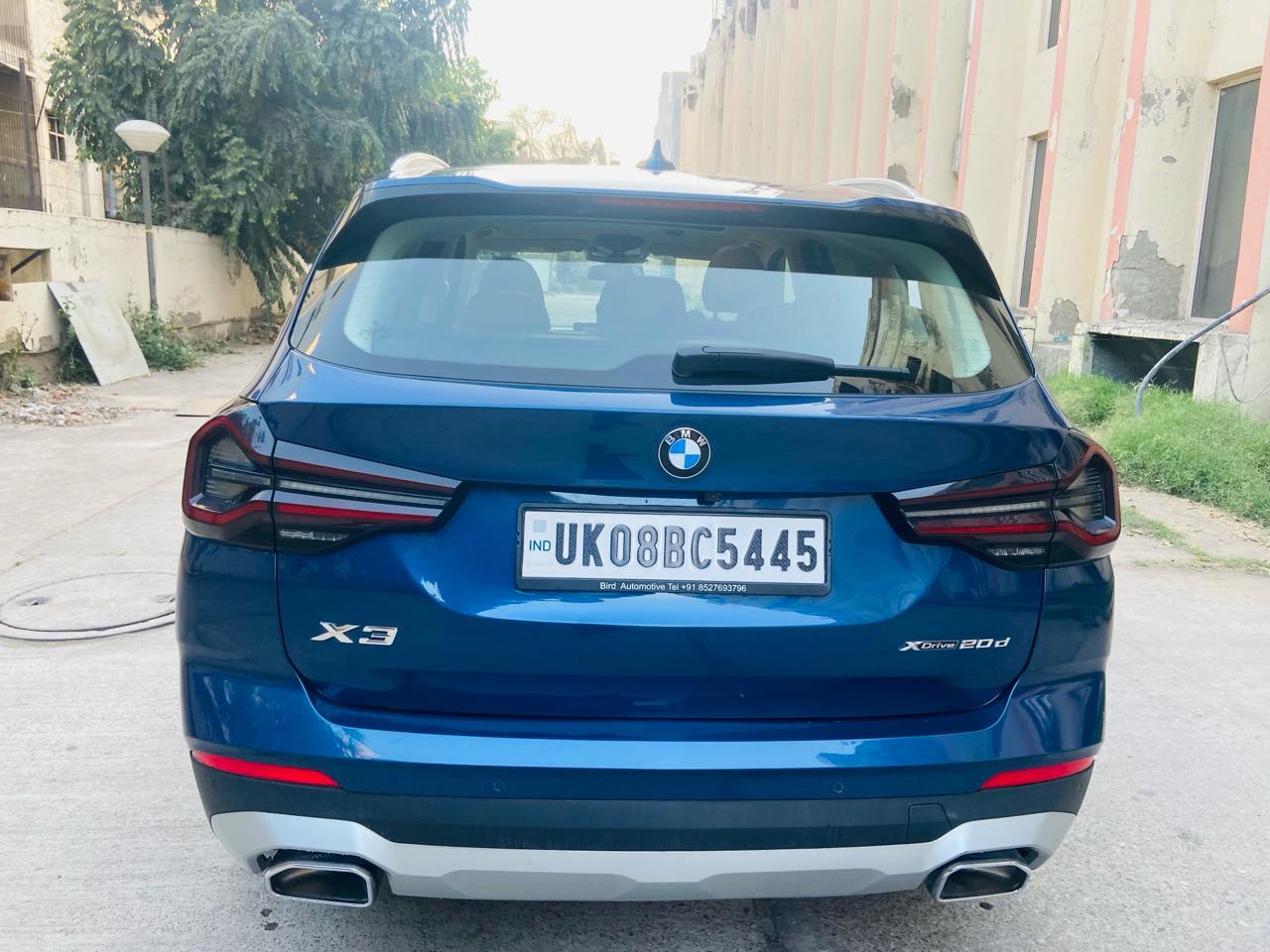
- 19,000 km
- Diesel
- Automatic
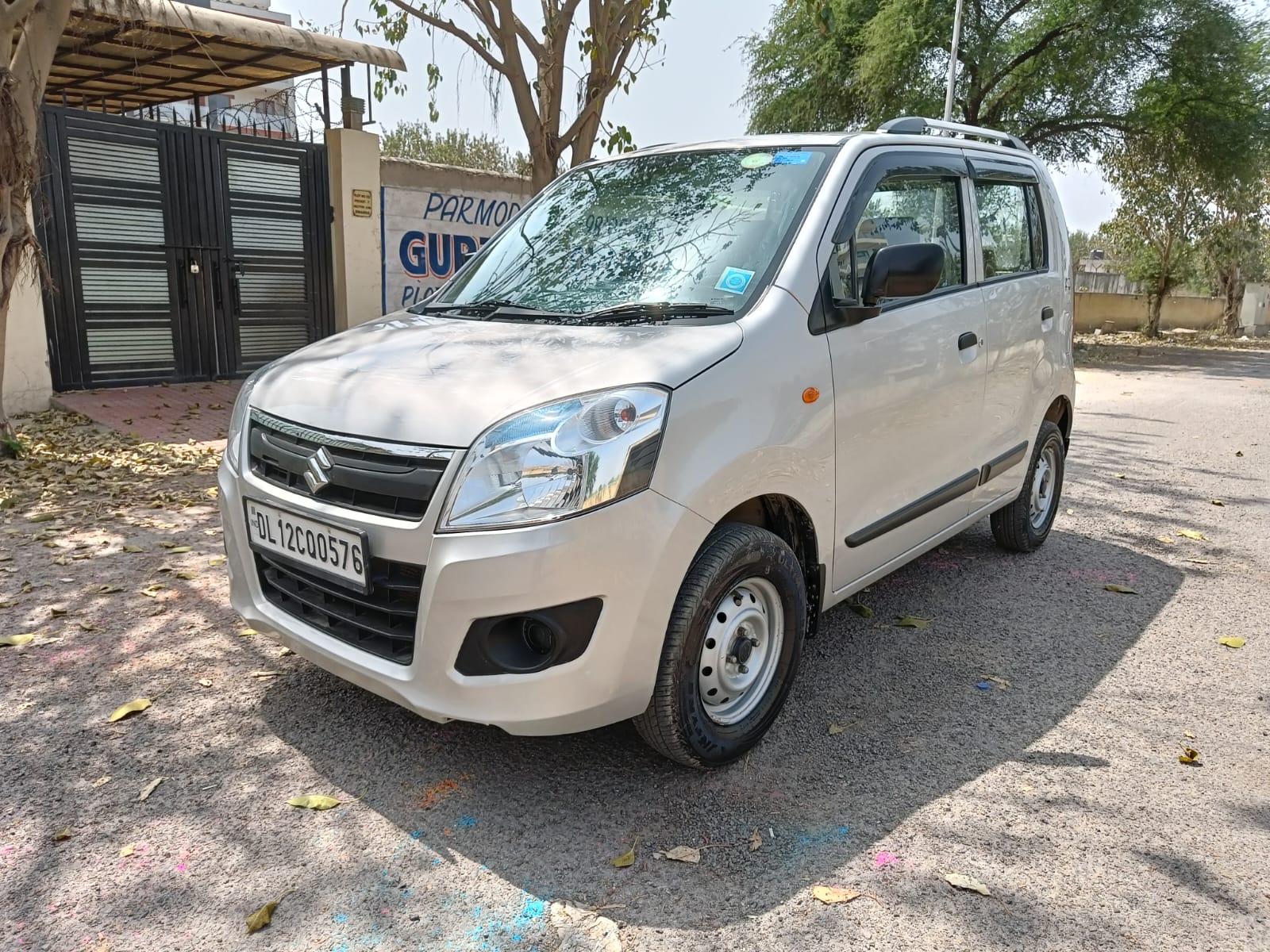
- 55,000 km
- Petrol+CNG
- Manual
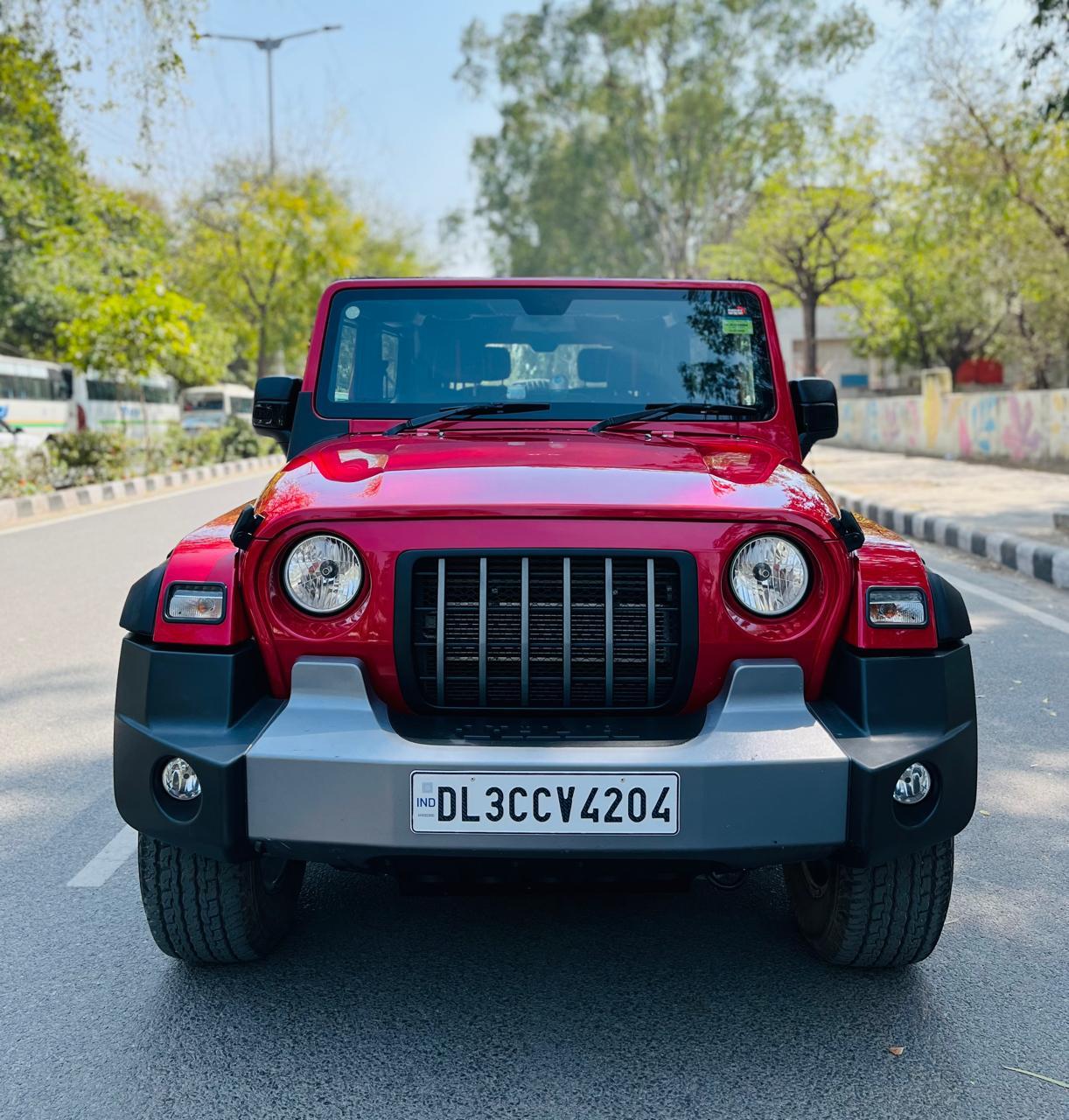
- 13,915 km
- Diesel
- Automatic
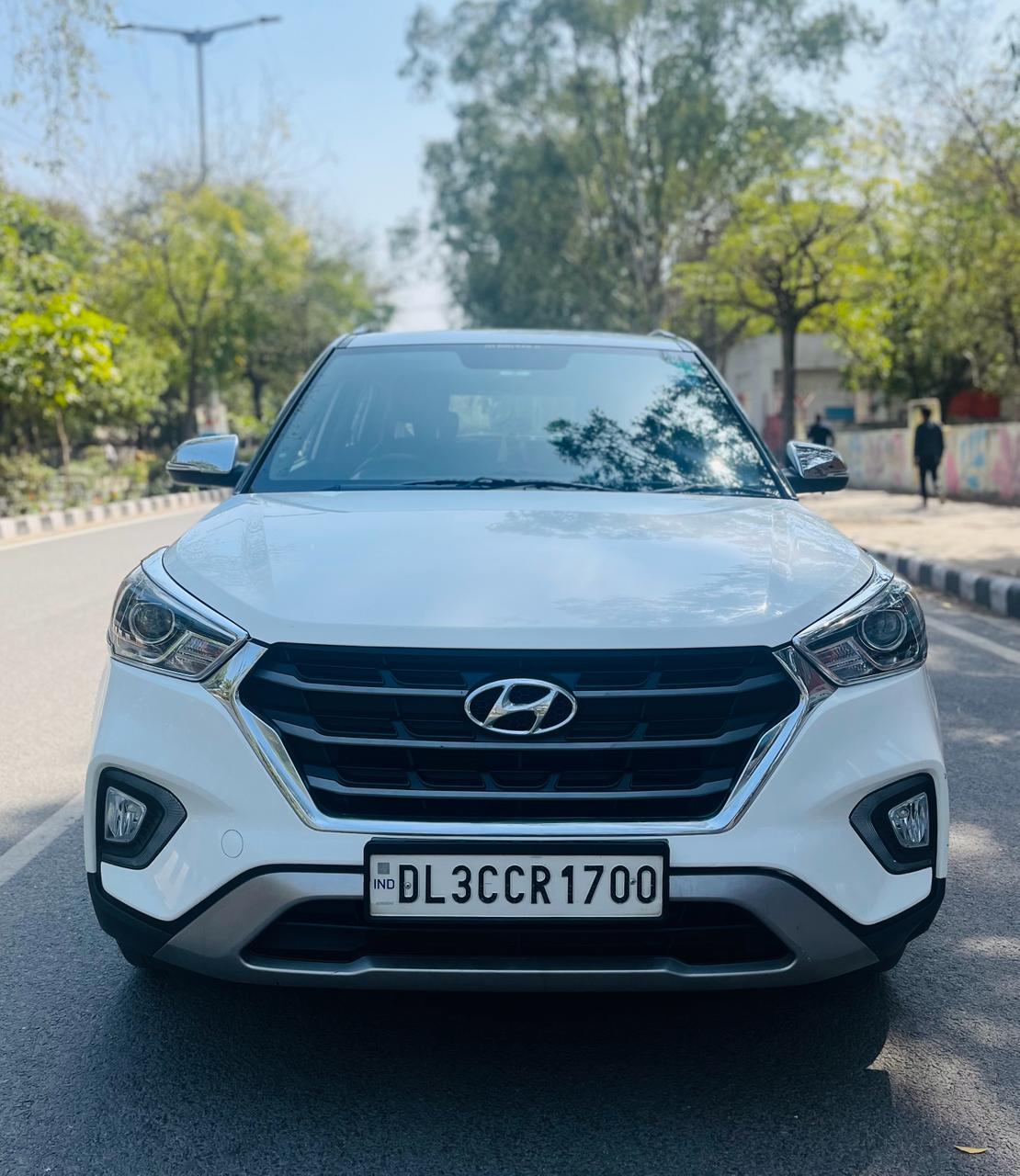
- 18,809 km
- Petrol
- Automatic
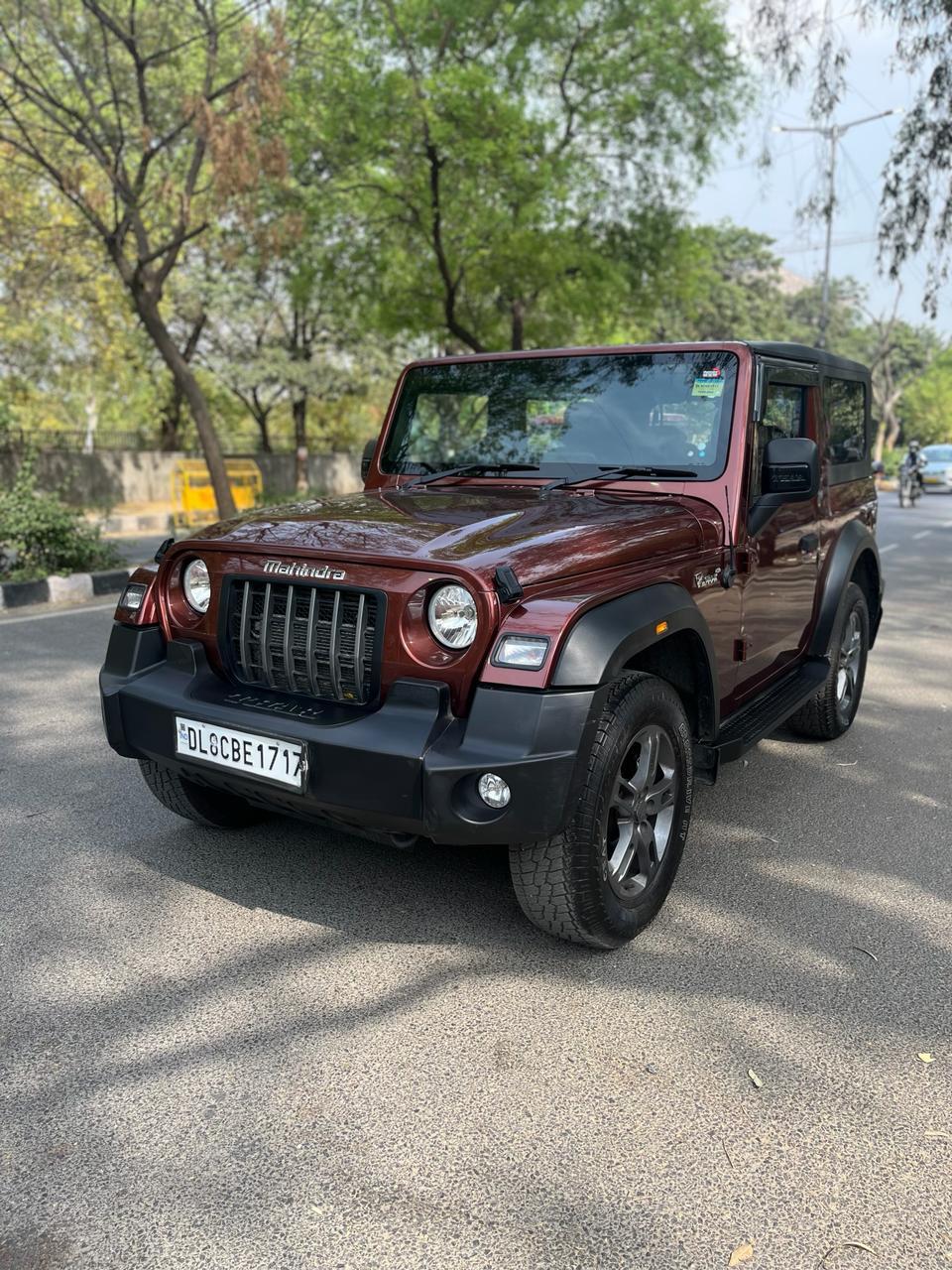
- 6,862 km
- Diesel
- Automatic
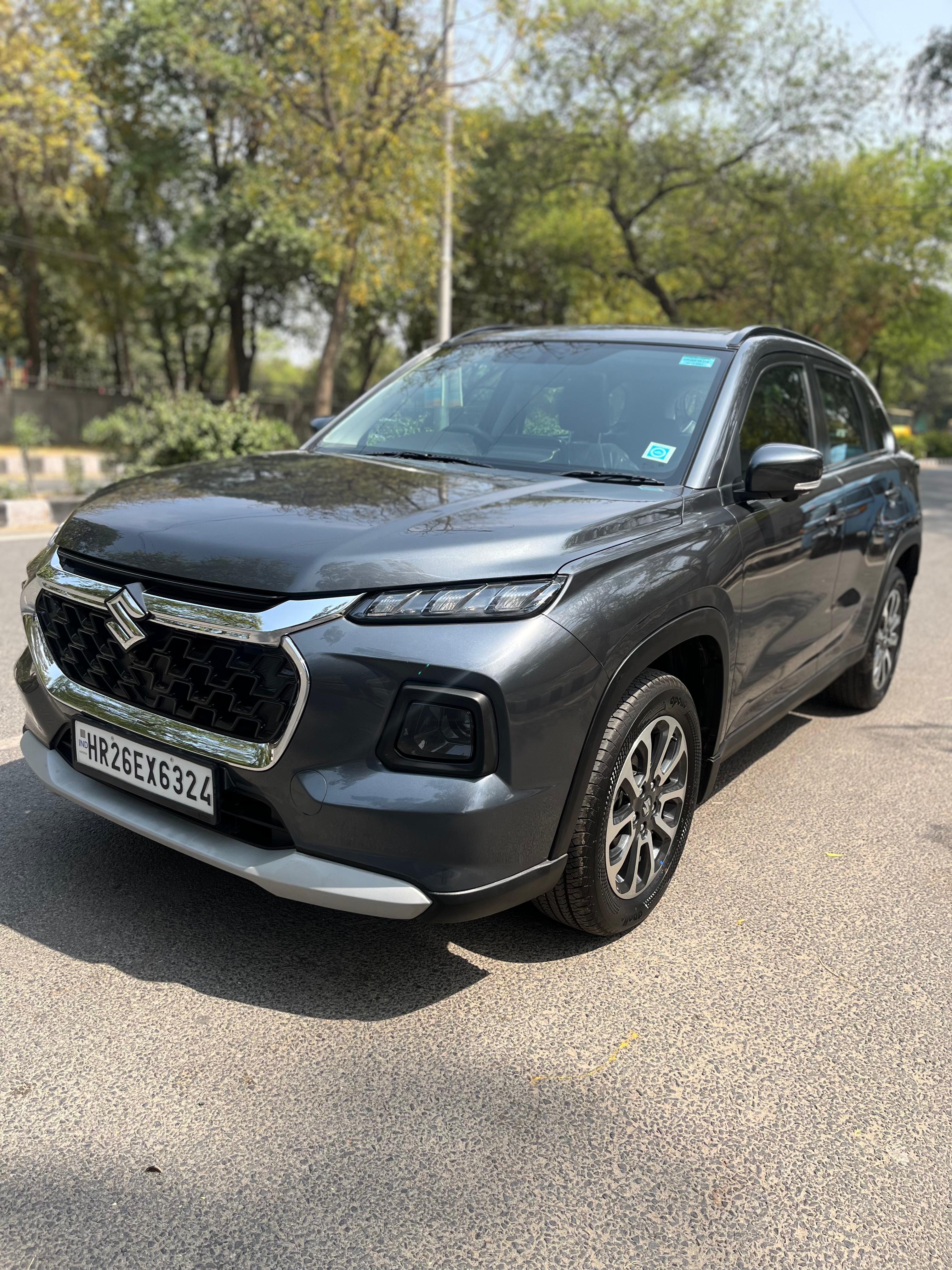
- 9,661 km
- Hybrid
- Automatic
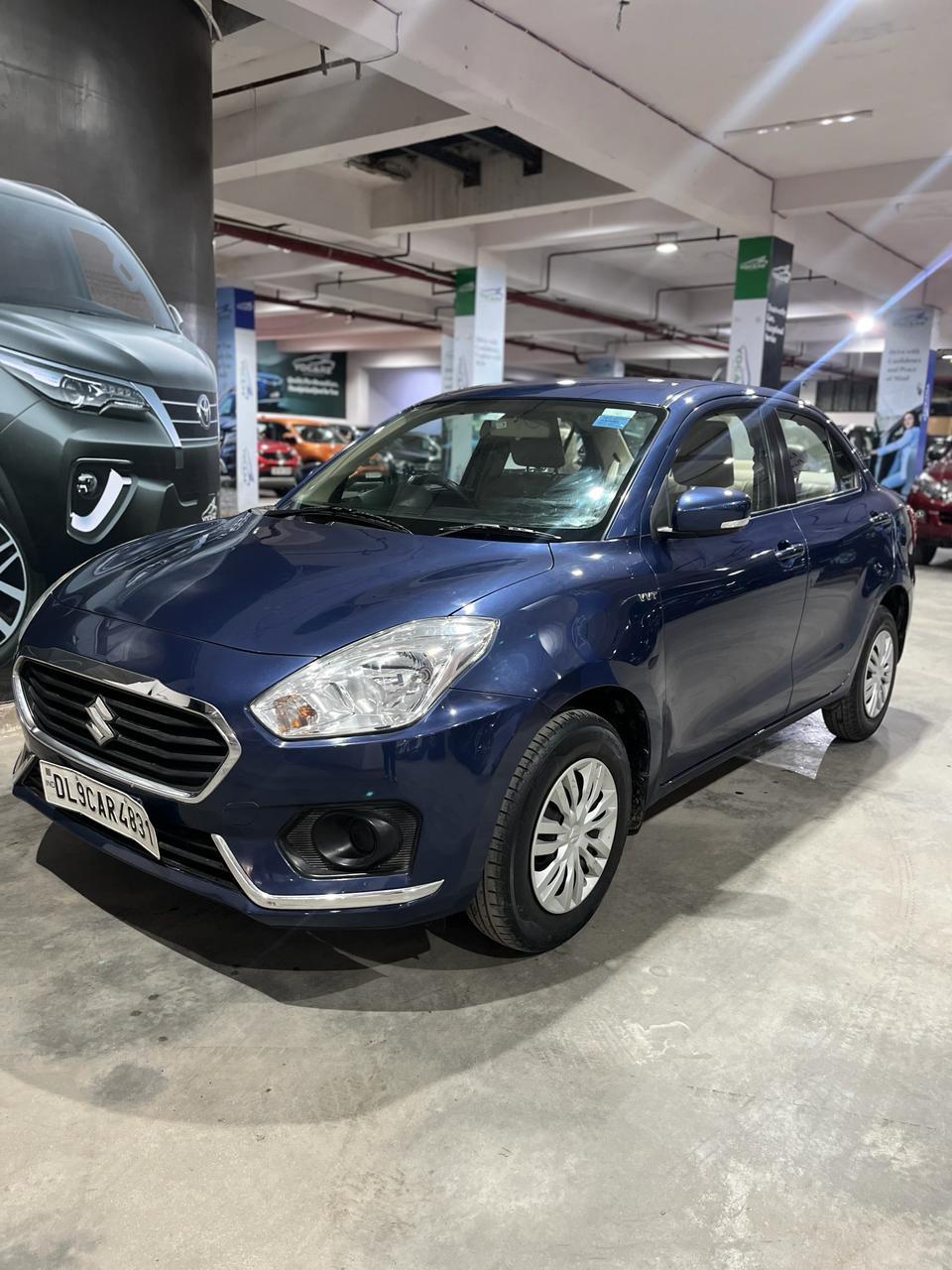
- 25,000 km
- Petrol
- Manual
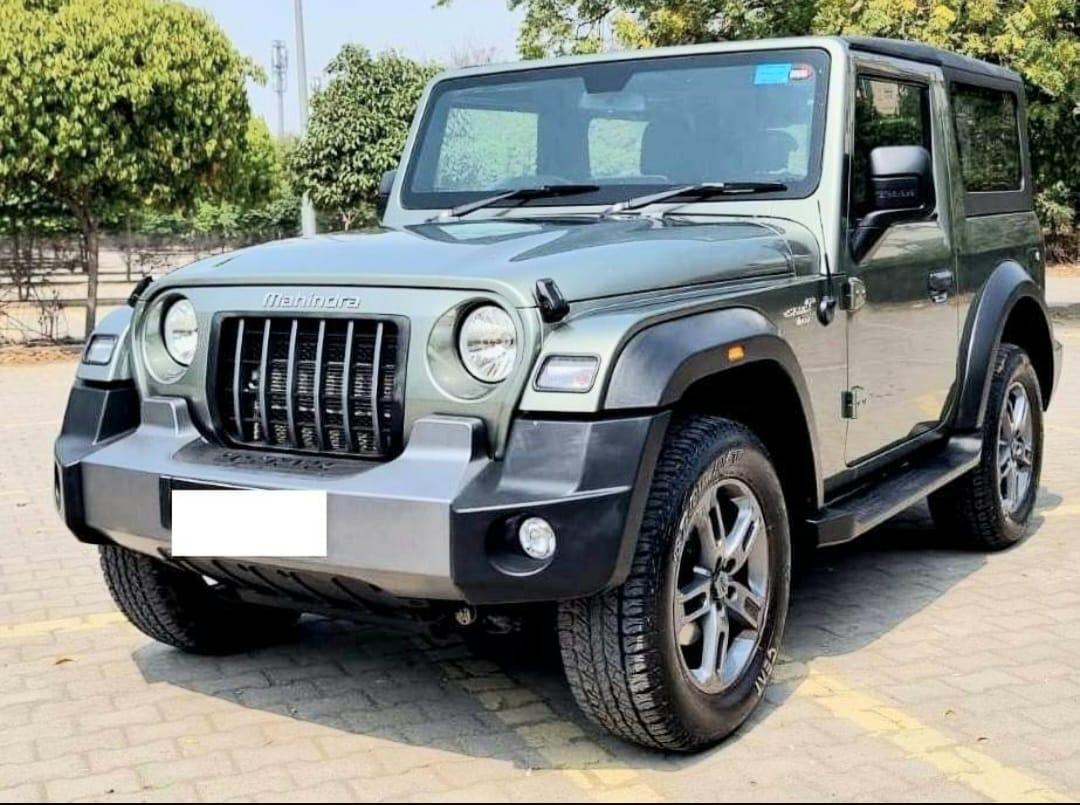
- 7,000 km
- Petrol
- Automatic
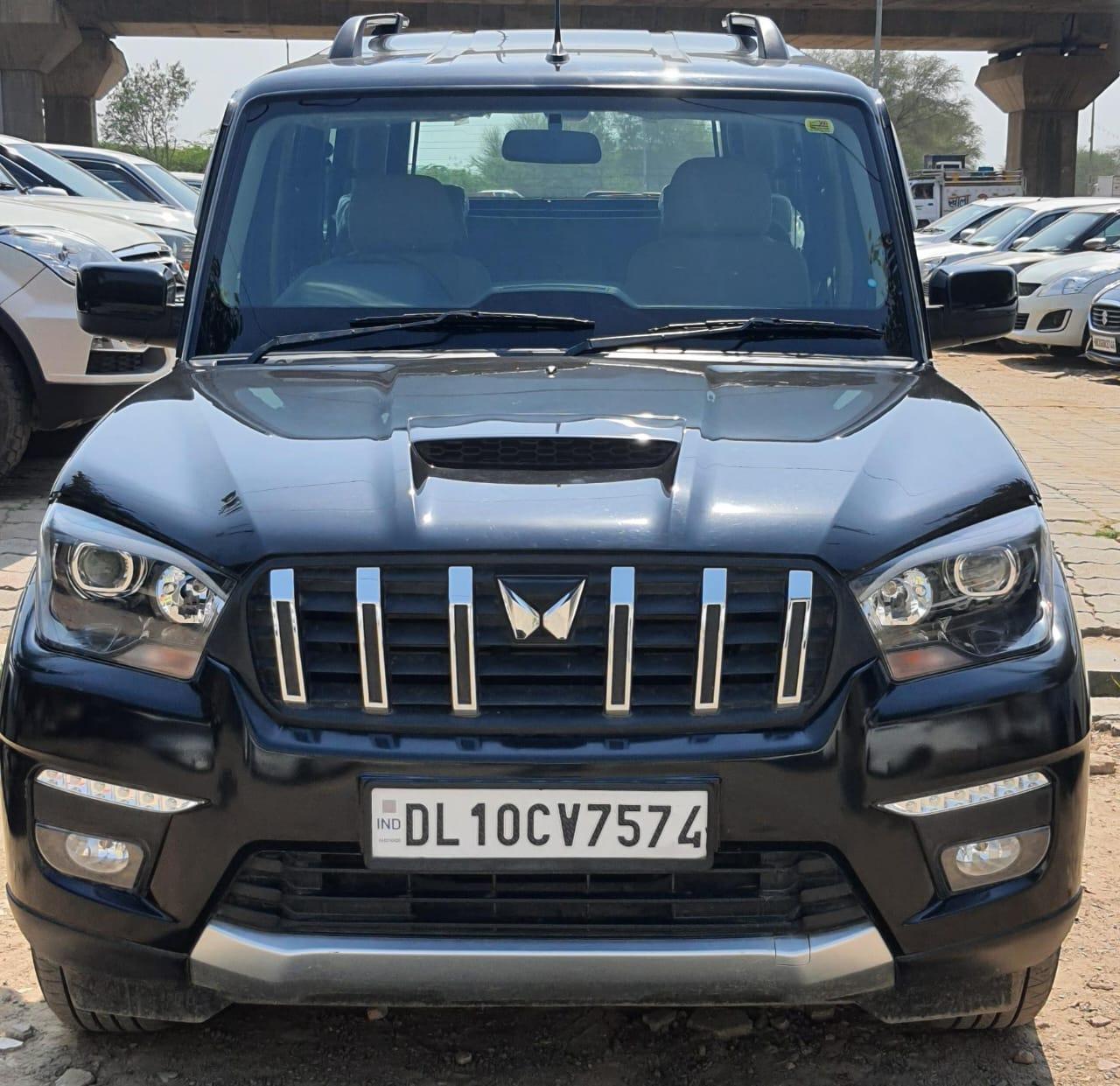
- 11,570 km
- Diesel
- Manual
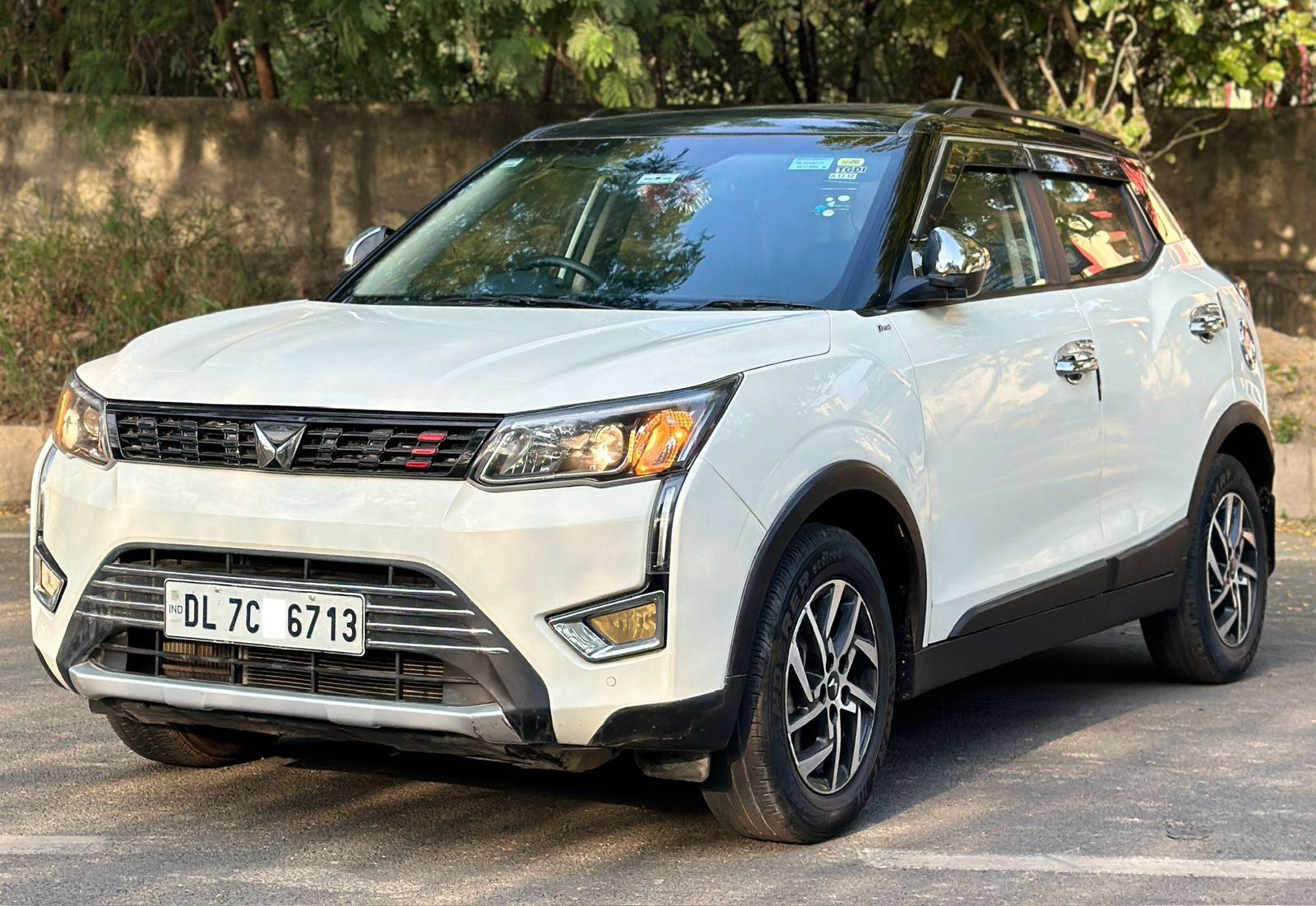
- 27,200 km
- Petrol
- Manual
Research More on Hyundai Verna
Popular Hyundai Models
Upcoming Cars
Upcoming Bikes
Explore More
Latest News
Related Articles

Trending Vehicles In India
- Home
- News
- Upcoming Cars
- Hyundai Verna Secures Five-Star Rating In Global NCAP Crash Tests
